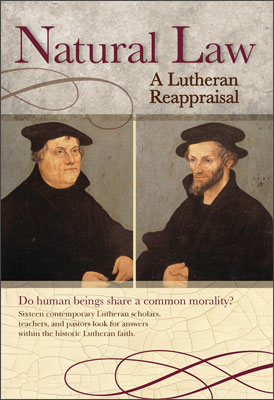Of Civil Affairs they teach that lawful civil ordinances are good works of God, and that [2] it is right for Christians to bear civil office, to sit as judges, to judge matters by the Imperial and other existing laws, to award just punishments, to engage in just wars, to serve as soldiers, to make legal contracts, to hold property, to make oath when required by the magistrates, to marry a wife, to be given in marriage.
[T]he Gospel teaches an eternal righteousness of the heart. Meanwhile, it does not destroy the State or the family, but very much requires that they be preserved as ordinances of God.
[3] They condemn the Anabaptists who forbid these civil offices to Christians.
[4] They condemn also those who do not place evangelical perfection in the fear of God and in faith, but in forsaking civil offices, for [5] the Gospel teaches an eternal righteousness of the heart. Meanwhile, it does not destroy the State or the family, but very much requires that they be preserved as ordinances of God, and that charity be practiced in such [6] ordinances. Therefore, Christians are necessarily bound to obey their own magistrates [7] and laws save only when commanded to sin; for then they ought to obey God rather than men. Acts 5, 29.




